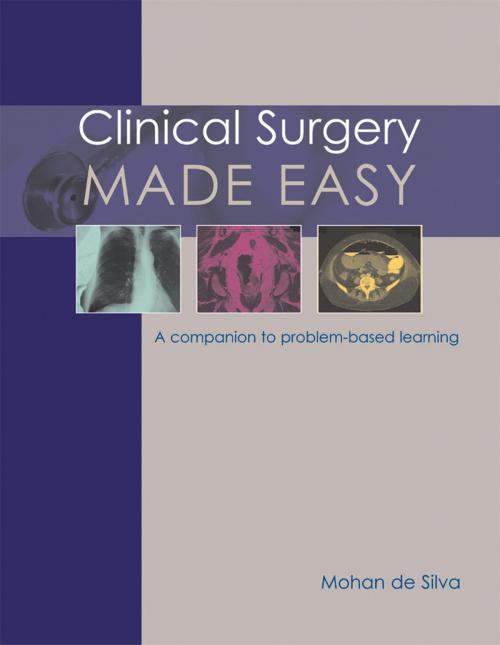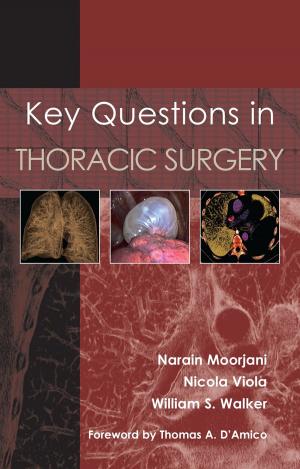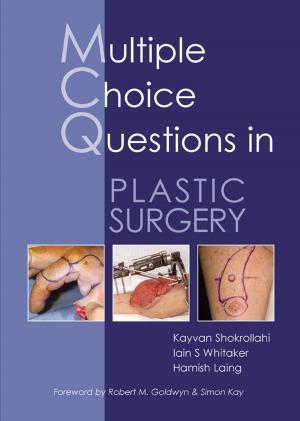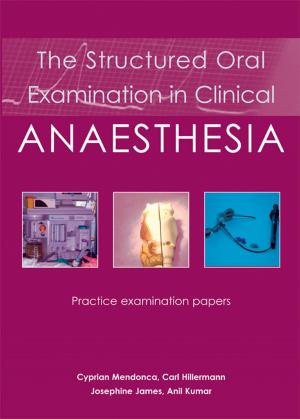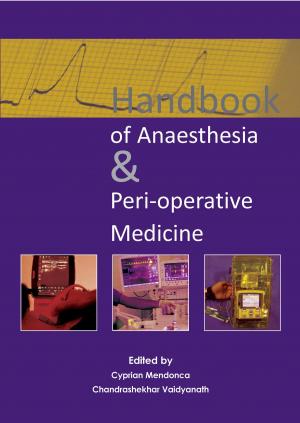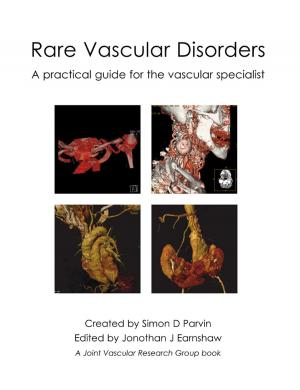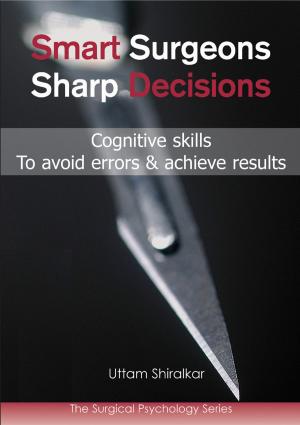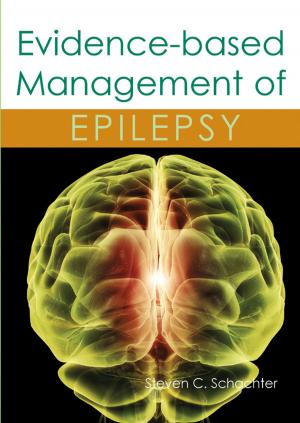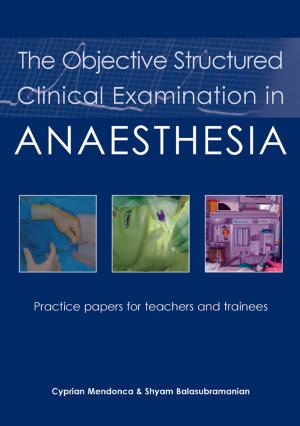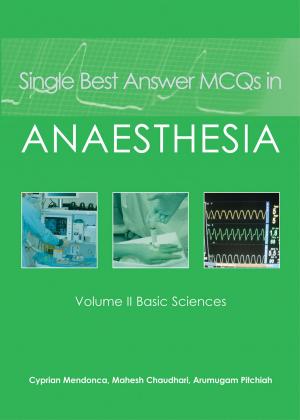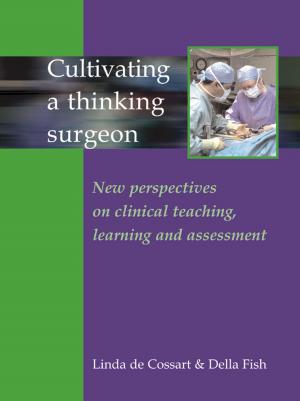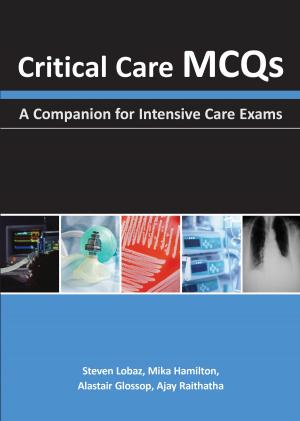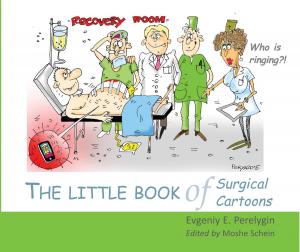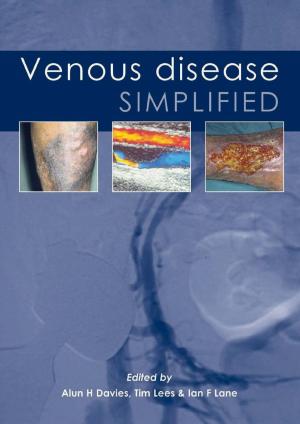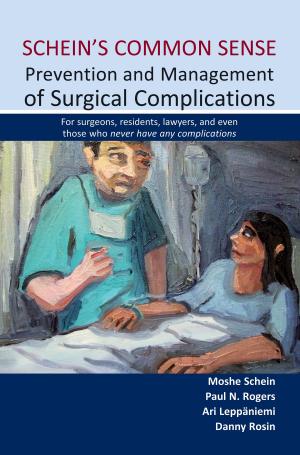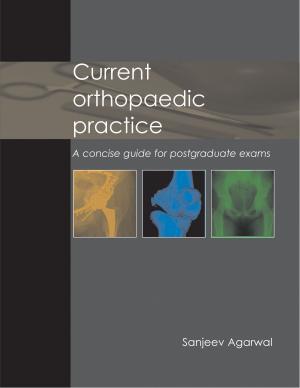Clinical Surgery Made Easy
A companion to problem-based learning
Nonfiction, Health & Well Being, Medical, Reference, Education & Training, Surgery| Author: | Mohan de Silva | ISBN: | 9781908986306 |
| Publisher: | tfm Publishing Ltd | Publication: | September 1, 2008 |
| Imprint: | Language: | English |
| Author: | Mohan de Silva |
| ISBN: | 9781908986306 |
| Publisher: | tfm Publishing Ltd |
| Publication: | September 1, 2008 |
| Imprint: | |
| Language: | English |
This book aims to supplement the reader's clinical experience with a carefully designed series of commonly encountered clinical problems in general surgery to simulate the clinical decision-making approach. Each clinical topic includes: a problem-solving approach; system-based essential core knowledge; concise explanations of relevant basic sciences; management pathways (based on the most up-to-date guidelines); FAQs; self-assessment (EMQs, SBAs, T/F). This book, primarily aimed at undergraduates and junior doctors, will guide and stimulate the reader to recognise, recall and apply the relevant facts to given clinical situations and also enhance success at clinical examinations. "Standard textbooks can be daunting. This book is different. I believe that students and young doctors will find this an easy read and will be able to translate the scenarios into an understanding of how clinical pathways are constructed. By asking questions through the pathways students are encouraged to develop their own ideas - a form of problem-based learning rather than learning by rote. Retention of facts is so much easier when they form part of a story." David Cade FRCS, Consultant Surgeon
This book aims to supplement the reader's clinical experience with a carefully designed series of commonly encountered clinical problems in general surgery to simulate the clinical decision-making approach. Each clinical topic includes: a problem-solving approach; system-based essential core knowledge; concise explanations of relevant basic sciences; management pathways (based on the most up-to-date guidelines); FAQs; self-assessment (EMQs, SBAs, T/F). This book, primarily aimed at undergraduates and junior doctors, will guide and stimulate the reader to recognise, recall and apply the relevant facts to given clinical situations and also enhance success at clinical examinations. "Standard textbooks can be daunting. This book is different. I believe that students and young doctors will find this an easy read and will be able to translate the scenarios into an understanding of how clinical pathways are constructed. By asking questions through the pathways students are encouraged to develop their own ideas - a form of problem-based learning rather than learning by rote. Retention of facts is so much easier when they form part of a story." David Cade FRCS, Consultant Surgeon
